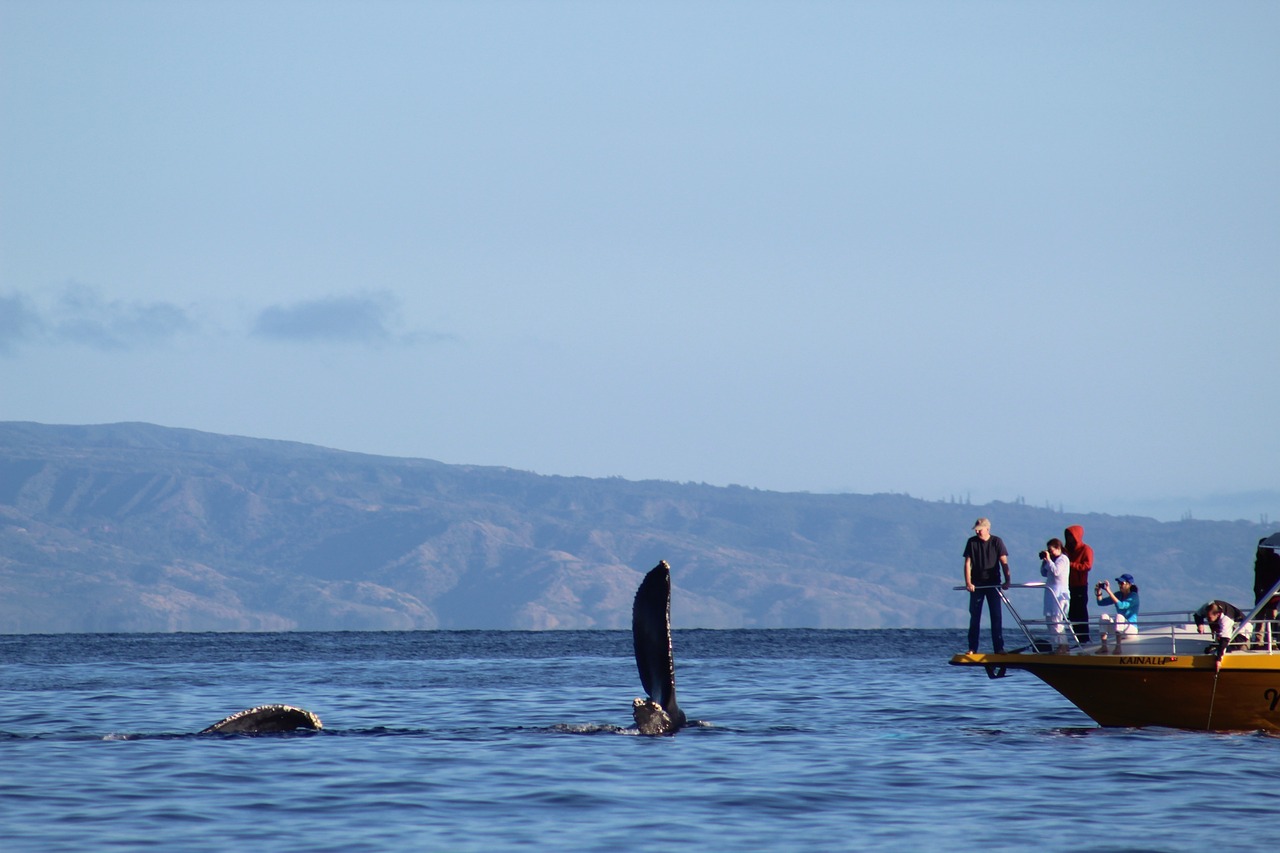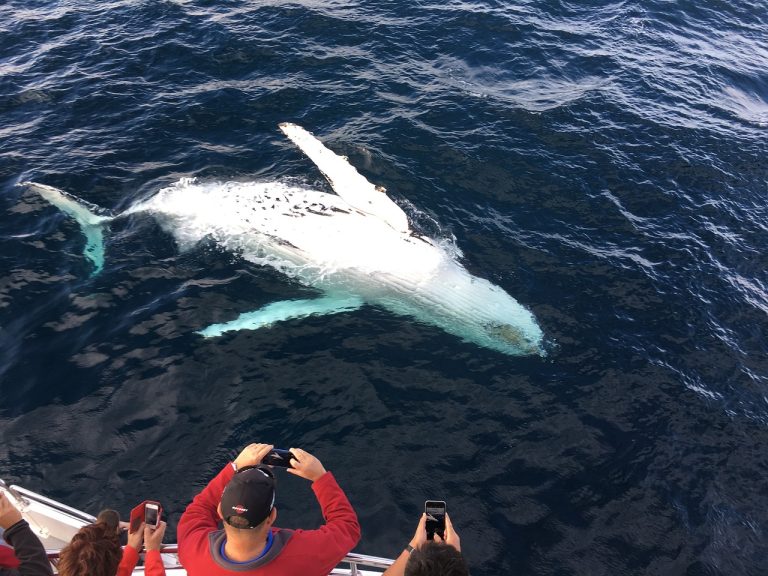
In the secluded embrace of Bremer Bay along Australia’s western coastline, an extraordinary rendezvous unfolds between human curiosity and marine magnificence. As azure waves lap against the shores and coastal breezes dance, this hidden gem becomes a sanctuary for responsible and environment-friendly whale watching. Bremer Bay, Australia is a beacon of hope in the realm of responsible tourism. It reminds us that our thirst for exploration need not come at the cost of the environment. By embracing ethical practices and cultivating a deep sense of appreciation, we can forge a legacy of harmony between humanity and the natural world.
A Synchronized Symphony of Nature
Bremer Bay is more than just a picturesque coastal town; it’s a theater where the symphony of marine life takes center stage. Every year, the waters become a living canvas as migrating whales embark on their awe-inspiring journey. Humpback whales, southern right whales, and the remarkable orcas engage in an ancient migratory dance, captivating the hearts of those who venture to witness this natural spectacle.
Central to the ethos of whale watching Bremer Bay is a pact with nature, one built upon the principles of ethical and environment-friendly practices. Tour operators here understand that their role is not only to facilitate encounters but to be stewards of the marine ecosystem. Their commitment is unwavering, ensuring that each interaction is respectful, sustainable, and protective of the marine life that calls these waters home.
Guided by Conservation Values
When you embark on an environment-friendly whale watching excursion in Bremer Bay, you’re not just embarking on a journey of discovery; you’re entering a realm of conservation and education. Expert marine naturalists share their knowledge, offering insights into the whales’ behaviors, the delicate balance of the oceanic ecosystem, and the pressing need for environmental protection. This journey extends beyond the physical sighting of these creatures; it is an invitation to deepen our connection with nature.
Responsible whale watching in Bremer Bay adheres to a set of mindful practices designed to minimize impact and maximize respect. Vessels maintain a safe distance from the whales, allowing these magnificent creatures to continue their behaviors undisturbed. Engines are silenced, allowing the symphony of the ocean to prevail. These measures ensure that the encounters remain intimate yet unintrusive, allowing both humans and whales to coexist harmoniously.
Preservation Through Participation
Participating in environment-friendly whale watching tours in Bremer Bay is not only a privilege but a profound responsibility. By choosing this sustainable path, you become an integral part of the larger movement to safeguard our oceans for future generations. Bremer Bay’s environment-friendly whale watching experiences offer more than a glimpse of marine marvels; they offer a holistic connection to the natural world. As you stand on the deck, surrounded by the vastness of the ocean, you’re reminded of the delicate balance that sustains life on our planet. Each blow, breach, and tail slap becomes a testament to the interconnectedness of all living things and our shared responsibility to nurture and protect this delicate web of life.
Conclusion
In the pristine waters of Bremer Bay, let us recognize that the true privilege of witnessing the wonders of marine life comes with a vital duty – that of ethical and responsible whale watching. By valuing the serenity of their habitat and approaching with mindfulness, we can ensure that generations to come will also be captivated by the grace of these magnificent creatures. Let our legacy be one of admiration, preservation, and a deep-seated commitment to safeguarding the oceans and its inhabitants.



